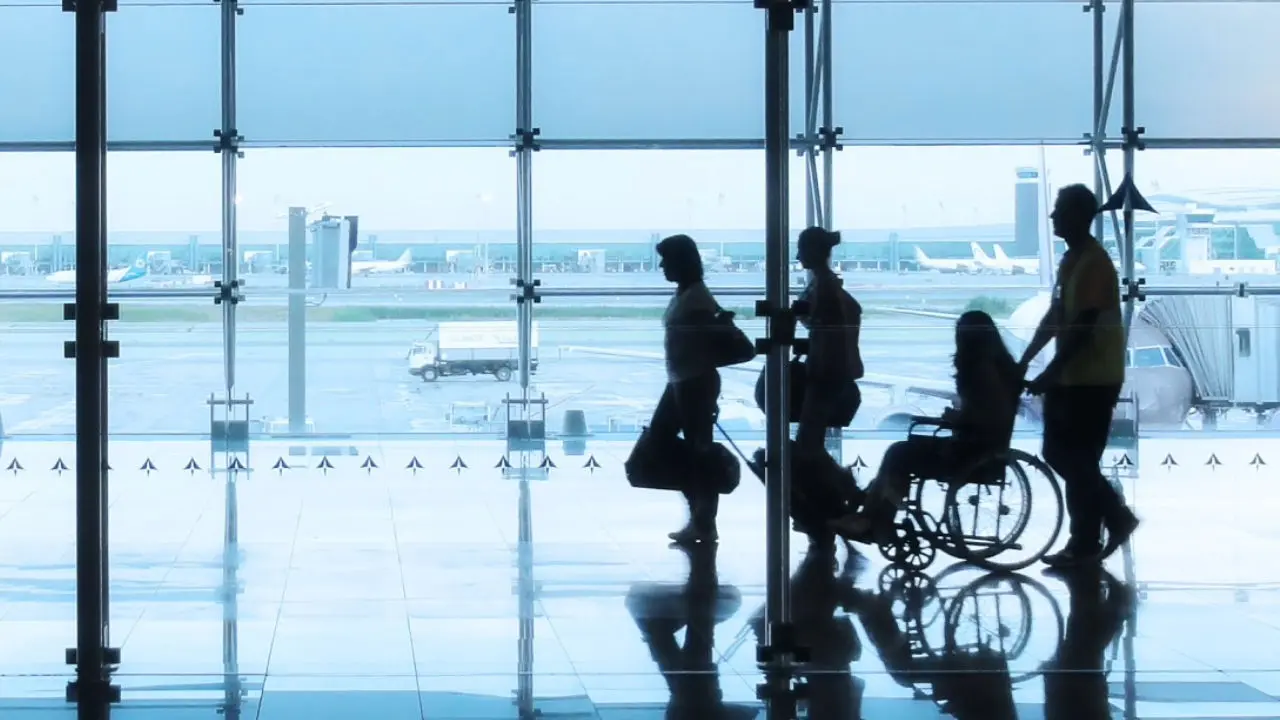- Trip information
- Traveling while pregnant
Until when can you fly while pregnant?
36 weeks
32 weeks
36 weeks
32 weeks
In both cases described above, as well as from 28 weeks onwards, there must be a medical statement that:
- Attests that your pregnancy has no complications and the length of gestation;
- Contain the information that being pregnant does not prevent you from traveling by plane.
Medical Authorization for pregnant passengers
Prior Medical Authorization may be required in situations of:
- Risky and high-risk pregnancies;
- Pregnancy with complications;
- Pregnancy with more than 36 weeks;
- Pregnancy with twins or triplets, more than 32 weeks;
- Existence of doubts about the length of pregnancy and the expected date of birth;
- Prediction of birth complications;
- Risk of miscarriage or recent miscarriage.
To do this, you must ask your attending physician to fill out, sign and stamp (with a sticker or stamp) the form Medical Information for Fitness to Travel (MEDIF) (PDF, 0.1 MB, EN). You must then send it to the following email address: [email protected]. (Please note that this email address is exclusively for sending the MEDIF, so other questions will not be considered).
Subsequently, and after analysis by a TAP doctor, we will contact you to inform you whether you can travel while pregnant and under what conditions.
If special assistance is required, you must also make the corresponding Assistance Request.
Both forms (MEDIF and Assistance) must be filled out up to 48 hours before your trip.

Special assistance
Make sure you have all the support you need and travel more comfortably and safely. If you need special and personalized assistance, make a request.

Medical authorization (MEDIF)
The well-being of our passengers is important to us. If your pregnancy requires medical authorization to travel, please, contact your doctor so that he or she can provide us with a description of your condition.